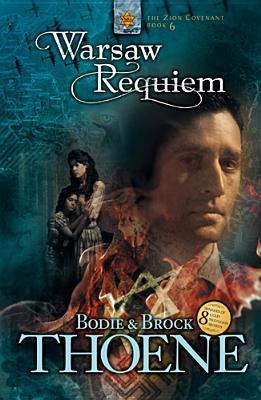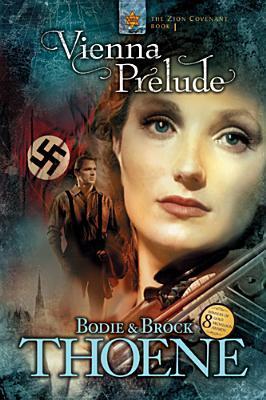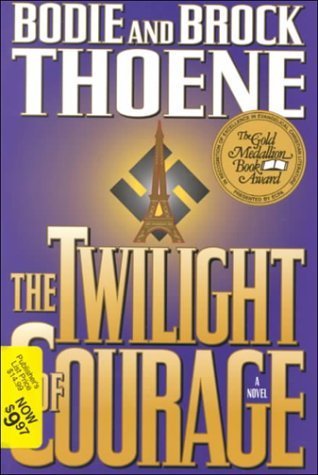
Warsaw Requiem
Book Description
Amidst the shadows of war-torn Warsaw, a haunting melody lingers as hope flickers in the darkest corners of despair. Young love ignites against a backdrop of chaos, testing loyalties and courage in unimaginable ways. As whispers of betrayal permeate the air, a brave few dare to stand against tyranny, risking everything for freedom and each other. Heart-pounding suspense intertwines with moments of tender humanity, as the clash of ideals meets the relentless march of history. With fate hanging by a thread, who will survive the requiem of a city on the brink?
Quick Book Summary
"Warsaw Requiem" by Bodie Thoene is a moving story set against the devastation of World War II, focusing on the lives of several intertwined characters within Nazi-occupied Warsaw. As war ravages the city, resistance fighters, Jewish families, and their Christian allies grapple with love, loyalty, faith, and the constant threat of betrayal. The novel portrays the everyday heroism found in acts of kindness and sacrifice, even as despair and oppression loom. Through moments of heartbreak, hope persists—courage is tested, friendships are forged, and love blooms amid adversity. Thoene's narrative masterfully blends historical detail with emotional depth, delivering a powerful tale of resilience, the cost of freedom, and the enduring strength of the human spirit.
Summary of Key Ideas
Table of Contents
Faith and Resilience in Times of War
Set in the bleak confines of Nazi-occupied Warsaw, the novel delves into the struggle for survival and dignity amid overwhelming oppression. The city’s inhabitants, both Jewish and Gentile, are forced to navigate impossible moral choices and the omnipresent threat of violence. The narrative follows a tapestry of characters—resistance fighters, Jewish refugees, and their Christian allies—each wrestling with their own fears, hopes, and ethical dilemmas as the world around them collapses.
Sacrifice and Heroism
The role of faith is a cornerstone throughout the story, providing solace and motivation to the characters as they endure hardship. Their beliefs sustain them through acts of courage and compassion. Thoene explores how faith becomes both a shield and a call to action; characters are motivated to risk their lives for others, inspired by conviction and a sense of purpose that transcends personal safety, illustrating the transformative power of spiritual resolve during times of crisis.
Betrayal and Loyalty
Betrayal, suspicion, and divided loyalties cast a shadow over every interaction in war-torn Warsaw. The pervasive atmosphere of mistrust complicates relationships and raises the stakes of every decision. Friendships are tested, and even families are not immune to the corrosive effects of war. The novel details how individuals must weigh whom to trust, knowing that a single misstep could mean ruin for themselves and those they love.
Love in the Midst of Chaos
Amid the city’s devastation, love emerges as both a balm and a complicating force. Forbidden and unexpected romances blossom, bringing moments of hope and humanity. Couples are challenged by distance, uncertainty, and the fear of loss, yet their affection serves as motivation to persevere. Thoene uses these relationships to illuminate the redemptive power of love and its ability to thrive despite the surrounding darkness.
The Quest for Freedom
Ultimately, the characters’ intertwined quests for freedom—spiritual, physical, and political—form the backbone of the story. Some risk all in daring attempts to save others, embodying the novel’s themes of sacrifice and heroism. As fate hangs in the balance, the characters’ collective struggle becomes a requiem for a city and a testament to the enduring ideals of liberty, hope, and the triumph of the human spirit over tyranny.
Download This Summary
Get a free PDF of this summary instantly — no email required.





